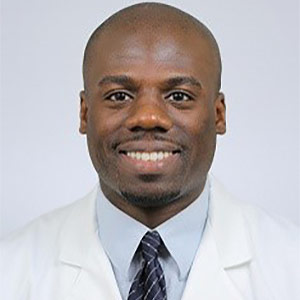The Mask
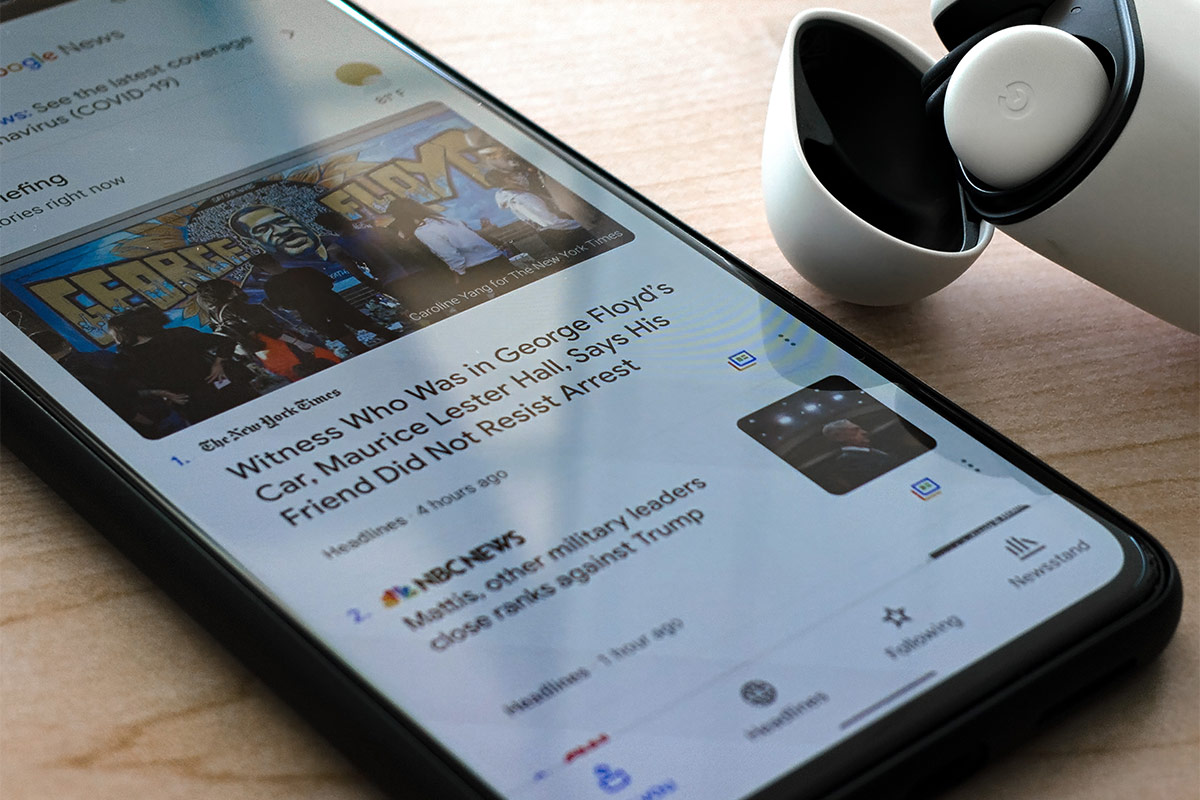
I awake suddenly to the alarm clock blaring for my attention. With my eyes still shut, I clumsily feel around on my nightstand for my cellphone and the blinding light emanating from it snickers at me that it is 6 a.m.
As I work to summon the strength to get out of bed, I procrastinate by scrolling through my social media feed. I impatiently scan through numerous articles chronicling the tumultuous year that 2020 has been, looking for some semblance of good news to start my day.
Instead, the picture of a man and the accompanying caption grabs my attention, and I am overtaken by weakness.
The headline above his head reads "Unarmed Black Man Dies in Police Custody."
Another one?
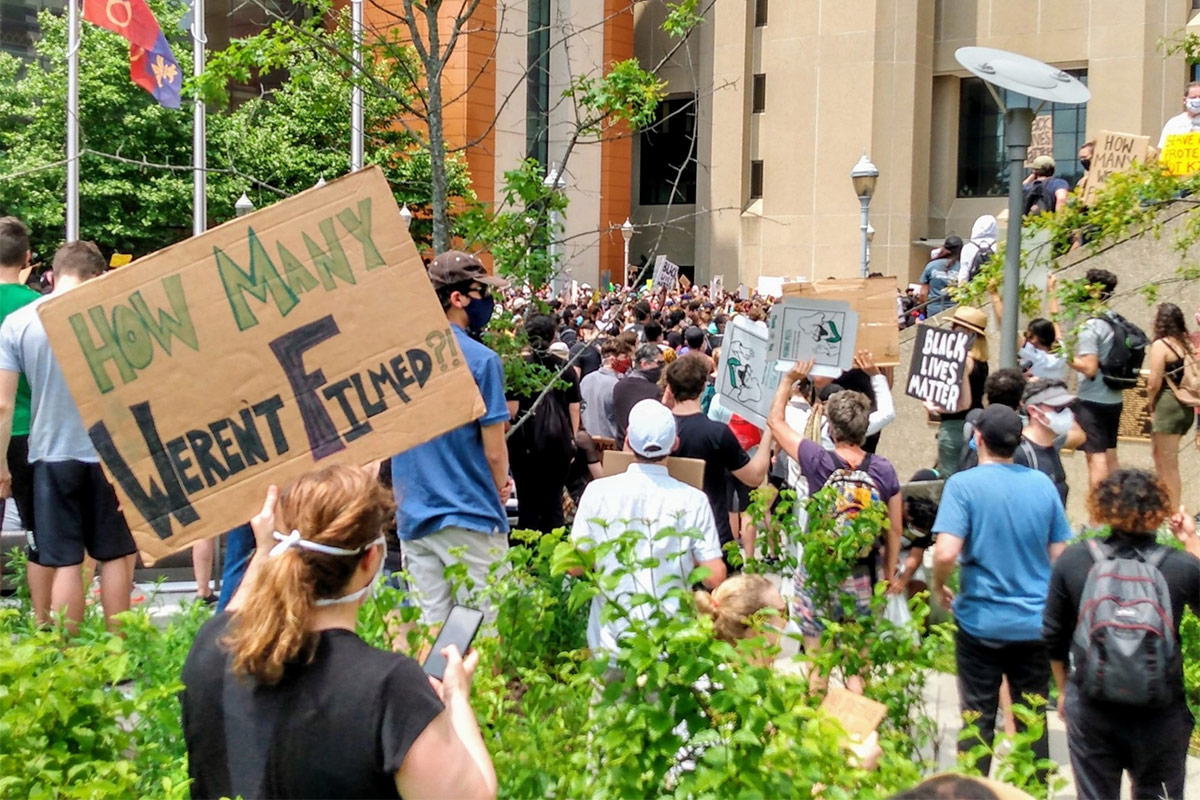
I painfully realize that this is not an old piece, this is not déjà-vu, nor am I dreaming – no, this was a different Black man whose life had similarly meant very little to an entity that had sworn to protect and serve its citizens.
My mind is cluttered with so many questions and emotions: shock, grief, pain, disgust... anger. My snooze alarm interjects and I am jolted back to my senses – it is already 6:15 a.m. and I cannot allow myself to spend any longer engulfed in this tragedy without being late for work.
I let out a sigh...
Another Day
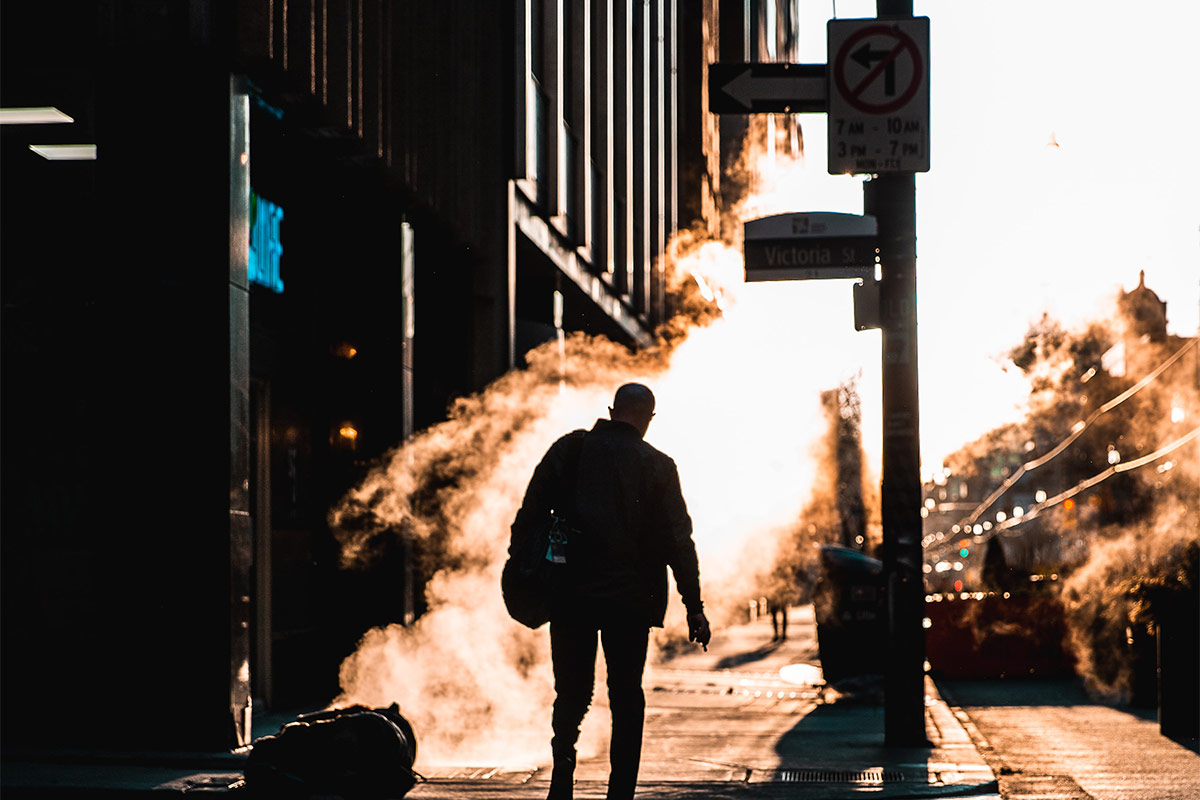
I push the feelings aside and prepare for the day ahead. As I leave my apartment, I dutifully put on my mask.
This was not a surgical mask to prevent the spread of COVID-19. This mask is the forced smile I wear to disguise my pain and allay fear in those who erroneously think that their terror should be governed by the hue of one's skin.
This is the mask I use to show that I am not a threat. And as this mask settles into place I am left to wonder – "Why can't they see us for who we really are? Despite all that we encompass and embody as a people, why are we viewed as less than?"
My eyes begin to well up as I step into the early morning.
Another Tear
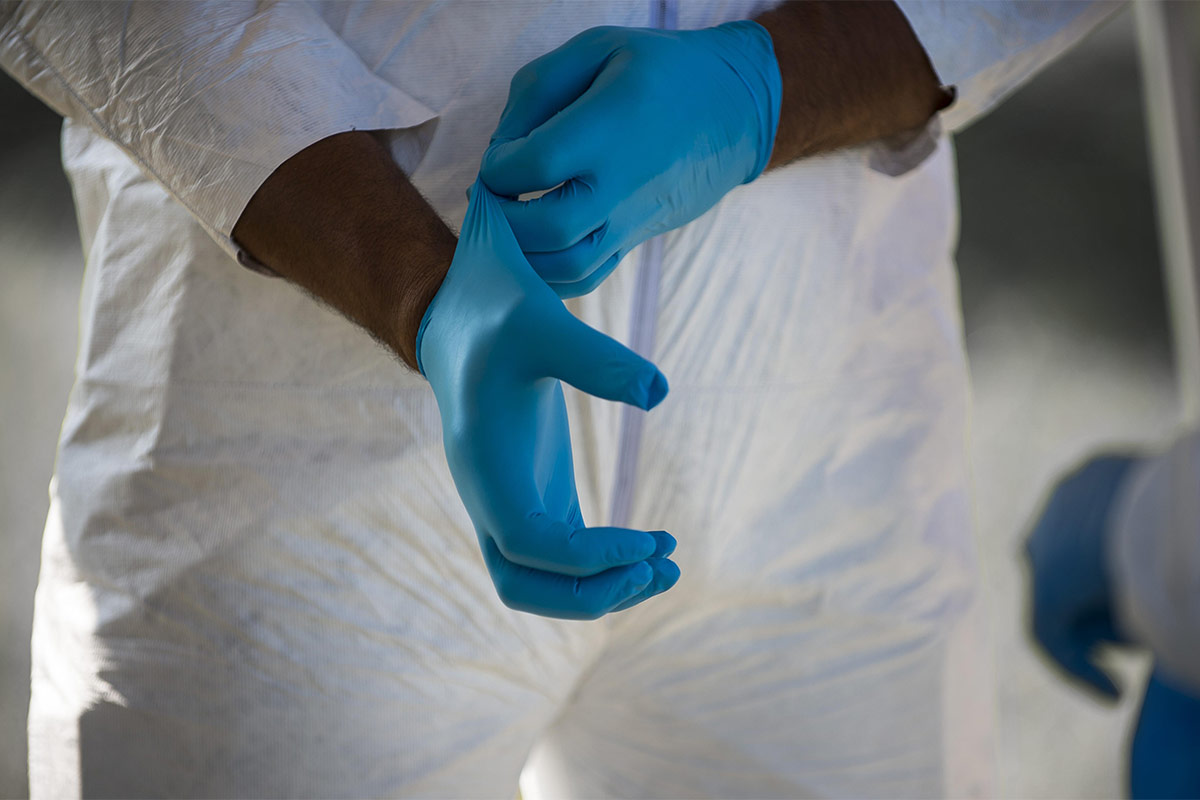
The day presses onward and I am locked in the steadying embrace of a chaotic cardiac ICU shift. It is times like this that I am grateful for the unceasing cacophony of ringing, whirring, alarms and bells to suffocate my disquieted thoughts.
Yet, during brief interludes of calm, my mind storms and my hardened armor cracks.
Amongst the routine questions about electrolyte repletion and medication titrations, I am left wondering about George Floyd's last thoughts or how his daughter is surviving or if justice will be served this time.
The power struggle between the tasks placed in front of me and the feelings ablaze within me is maddening.
George Floyd was a father, a brother, an uncle, a nephew, a friend, a neighbor. He might as well have been... me.
But to those police officers he was just another Black man.
Another Suspect
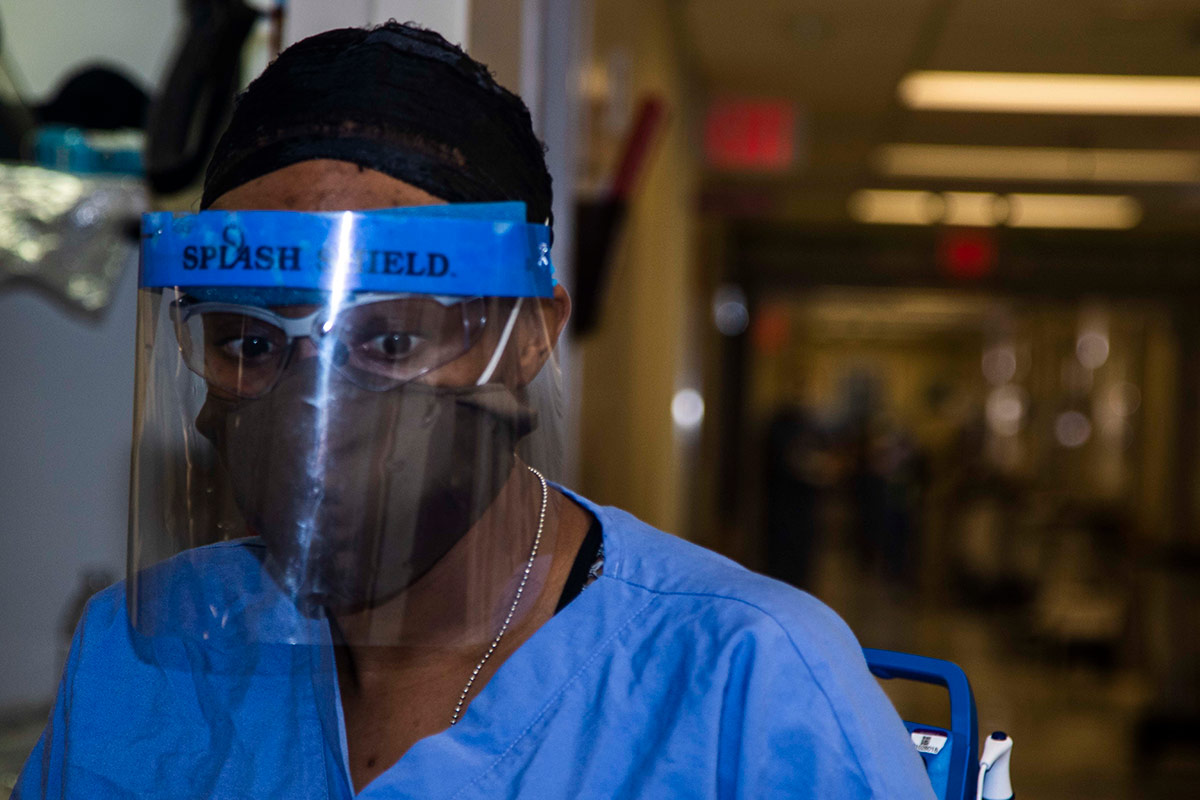
I know that I am not the only Black health care worker grappling with the duty to maintain our professionalism because of fear that articulating our heartache would be considered unprofessional.
How does one reconcile continuing with the status quo within the confines of the hospital, when outside its four walls we know that dramatic reform is critical?
It is an exhausting balance tiptoeing between what we feel and what we allow ourselves to emote. But it is a dance with which we have unfortunately become quite accustomed.
I have been overwhelmed by the widespread outpouring of support – from people of all colors and creeds – to denounce the injustices that underrepresented racial and ethnic groups encounter daily.
But there is work that still needs to be done within the hospital system.
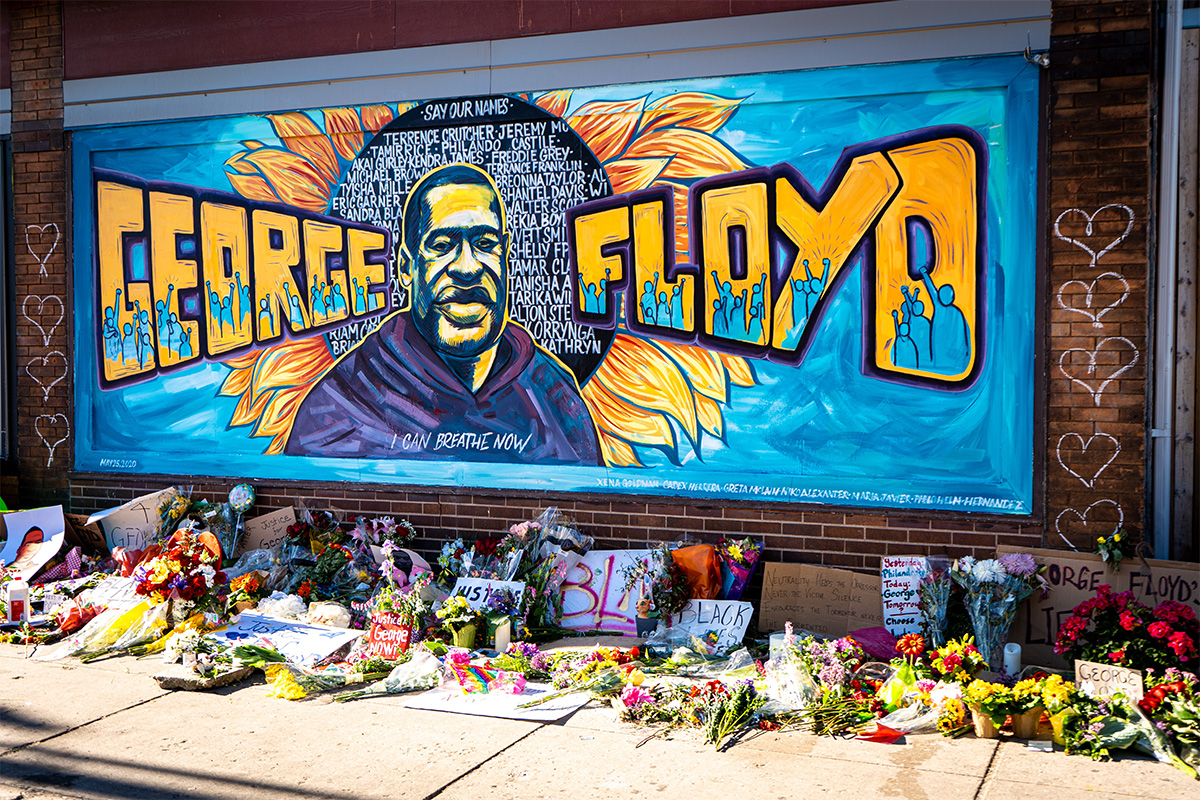
Activist and artist Lilla Watson is credited with saying, "If you have come here to help me, you are wasting your time. But if you have come because your liberation is bound up with mine, then let us work together."
Together, we must unmask and confront the ongoing impact of overt racism and microaggressions on our health care workers and work to demolish the structural racism and racial inequities that plague our patients.
Allies who actively address, listen to and respond in kind to health care workers concerns – regardless of how uncomfortable those conversations may be – should be the gold standard, not the exception.
Within the health care system, we must wholeheartedly commit the time, energy, and resources necessary to create and cultivate safe places for health care workers to express themselves without fear of reprisal.
As a nation, we cannot settle for anything less than true change. We cannot afford another senseless killing.


